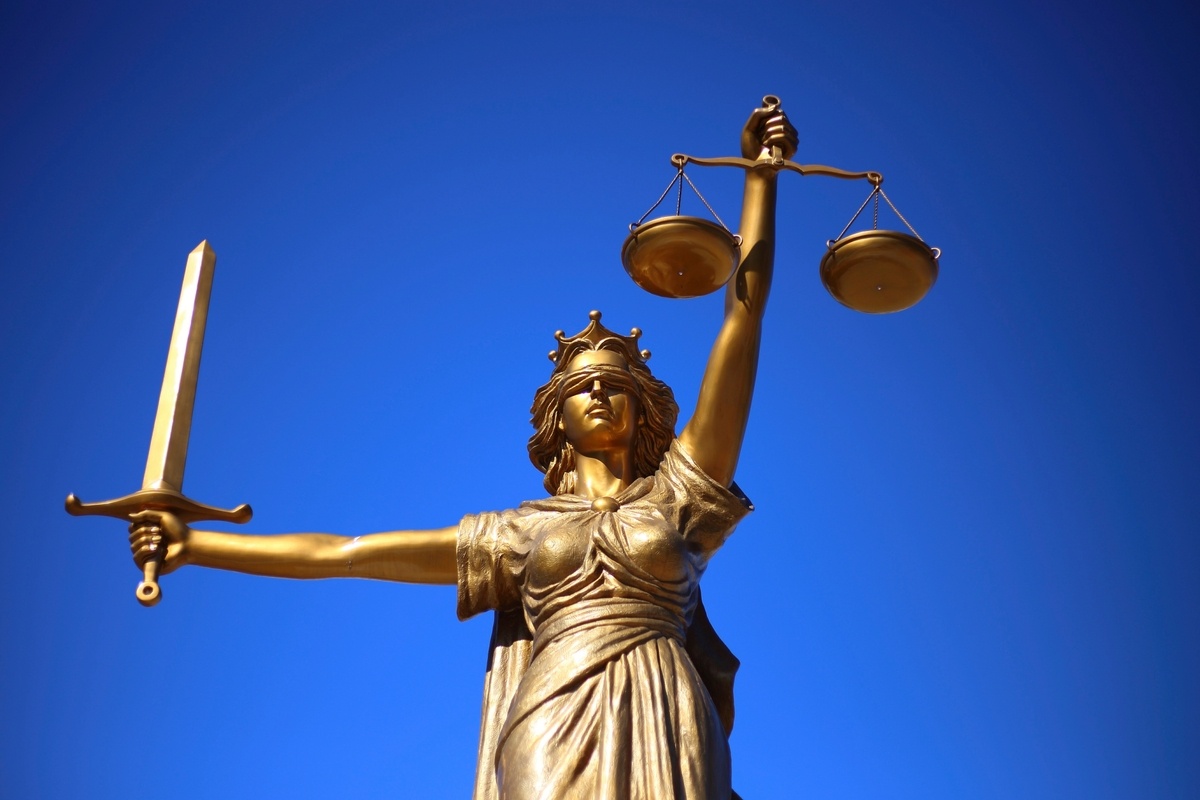Does HPSCI's Chair Claim Authority to Veto Covert Action Programs?
Josh Rogin has an intriguing post up over at the Cable, detailing an interview with HPSCI Chairman Mike Rogers (R-MI) concerning the ongoing debate regarding whether to arm the Libyan rebels. There is much worth comment here, but I’ll confine myself to the legal issue that Rep.
Josh Rogin has an intriguing post up over at the Cable, detailing an interview with HPSCI Chairman Mike Rogers (R-MI) concerning the ongoing debate regarding whether to arm the Libyan rebels. There is much worth comment here, but I’ll confine myself to the legal issue that Rep. Rogers raised. Here is the relevant passage:
Rogers wouldn't confirm or deny the report that Obama issued what's known as a "presidential finding" authorizing the intelligence community to begin broadly supporting the Libyan rebels, because such findings are sensitive and classified. But he said that if Obama wanted to arm the rebels, the president would need Rogers' support, which he doesn't yet have.Of course there are various practical senses in which that claim (that the president would need Rogers’ support) might be true, at least to some extent. But it doesn’t seem that this is the sense of authority that Rogers had in mind. The interview goes on:
"Any covert action that happens would have to get the sign off of the intelligence chairmen, by statute. You won't get a sign off from me," Rogers said referring to National Security Act 47.Huh? Let’s review the relevant statutes. First we have 50 USC § 413 (“General Congressional Oversight Provisions”):
(a) Reports to Congressional committees of intelligence activities and anticipated activities (1)The President shall ensure that the congressional intelligence committees are kept fully and currently informed of the intelligence activities of the United States, including any significant anticipated intelligence activity as required by this subchapter. (2)Nothing in this subchapter shall be construed as requiring the approval of the congressional intelligence committees as a condition precedent to the initiation of any significant anticipated intelligence activity.Particularly in light of the language at (a)(2), this clearly does not attempt to confer on the oversight committees any direct or formal authority to veto covert action programs (though by providing information about the program it might enable the use of budget or other tools that could achieve such a result indirectly). What about 50 USC § 413b (“Presidential Approval and Reporting of Covert Actions”)? In relevant part, it provides that (i) the President must issue a “finding” authorizing a covert action (thus precluding presidential deniability); (ii) the finding ordinarily must be reported to the oversightcommittees (or, in exceptional circumstances, just the leadership group usually called the “group of 8”); (iii) such reporting must occur “as soon as possible after such approval and before initiation of the covert action” in question or, failing that, at least in a “timely fashion” thereafter along with an explanation for any delay; and (iv) the DNI or other responsible agency heads have a separate responsibility to keep the oversight committees informed of covert actions they undertake. Again, nothing here suggests a legislative veto (and that’s without getting into the history of the executive-legislative battles that produced this framework; suffice to say that there’s just no way to imply a legislative veto into these laws). A final problem: Even if one could somehow glean a legislative veto from theseprovisions, it would be unconstitutional under INS v. Chadha. All of which leads me to wonder if there wasn’t some miscommunication in the Rogin-Rogers interview. I have to believe that Rep. Rogers knows he has no such veto power, and meant to express something more practical about the ways in which he might cause problems (perhaps through the power of the purse, with help from his colleagues) should the administration proceed with a covert action to arm the rebels notwithstanding his policy objections. Or am I missing something obvious? I’m happy to be corrected if so.
Robert (Bobby) Chesney is the Dean of the University of Texas School of Law, where he also holds the James A. Baker III Chair in the Rule of Law and World Affairs at UT. He is known internationally for his scholarship relating both to cybersecurity and national security. He is a co-founder of Lawfare, the nation’s leading online source for analysis of national security legal issues, and he co-hosts the popular show The National Security Law Podcast.



-1928c983-394b-444d-b1ec-f6590b7d9fee.jpeg?sfvrsn=78498e1e_7)
.jpg?sfvrsn=407c2736_6)
